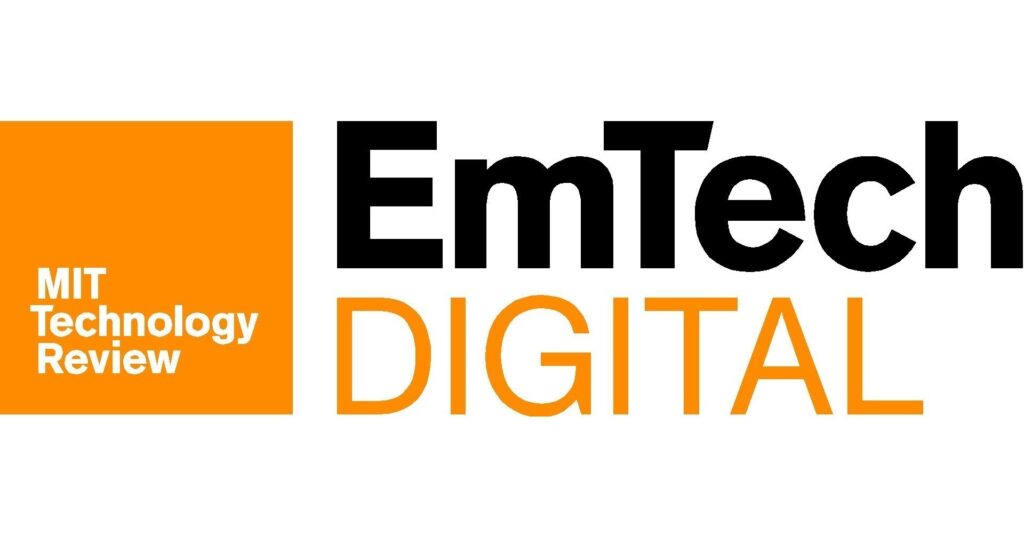POLISH SPACE SECTOR
Since Poland became the member of the European Space Agency in 2012, Polish space sector has been rapidly grooving.

Despite continuous development, Polish space companies focus mainly on niches. They manufacture high quality products mainly for the European Space Agency, as well as national agencies. An example of success in such a niche is Astronika, which regularly wins international tenders to provide specialised instruments for space agencies and private companies. One of its greatest achievements is the supply of parts for the penetrator mounted on the Mars Insight probe.
Until now, Polish companies have mainly been sub-suppliers of instruments, which were later assembled into a finished product by an integrator. Therefore, the main challenge facing entities of the Polish space sector is to advance in the supply chain and achieve higher margins.



